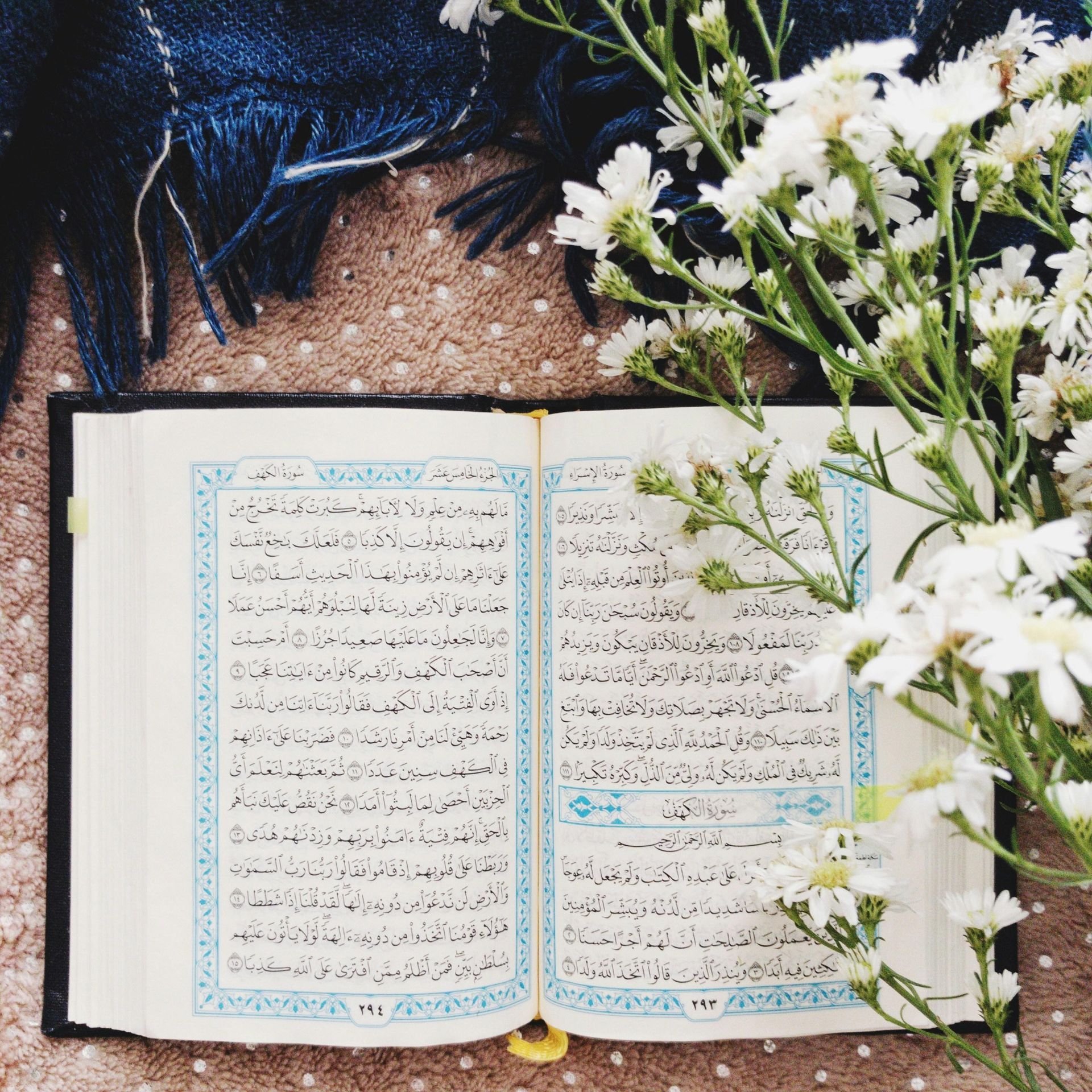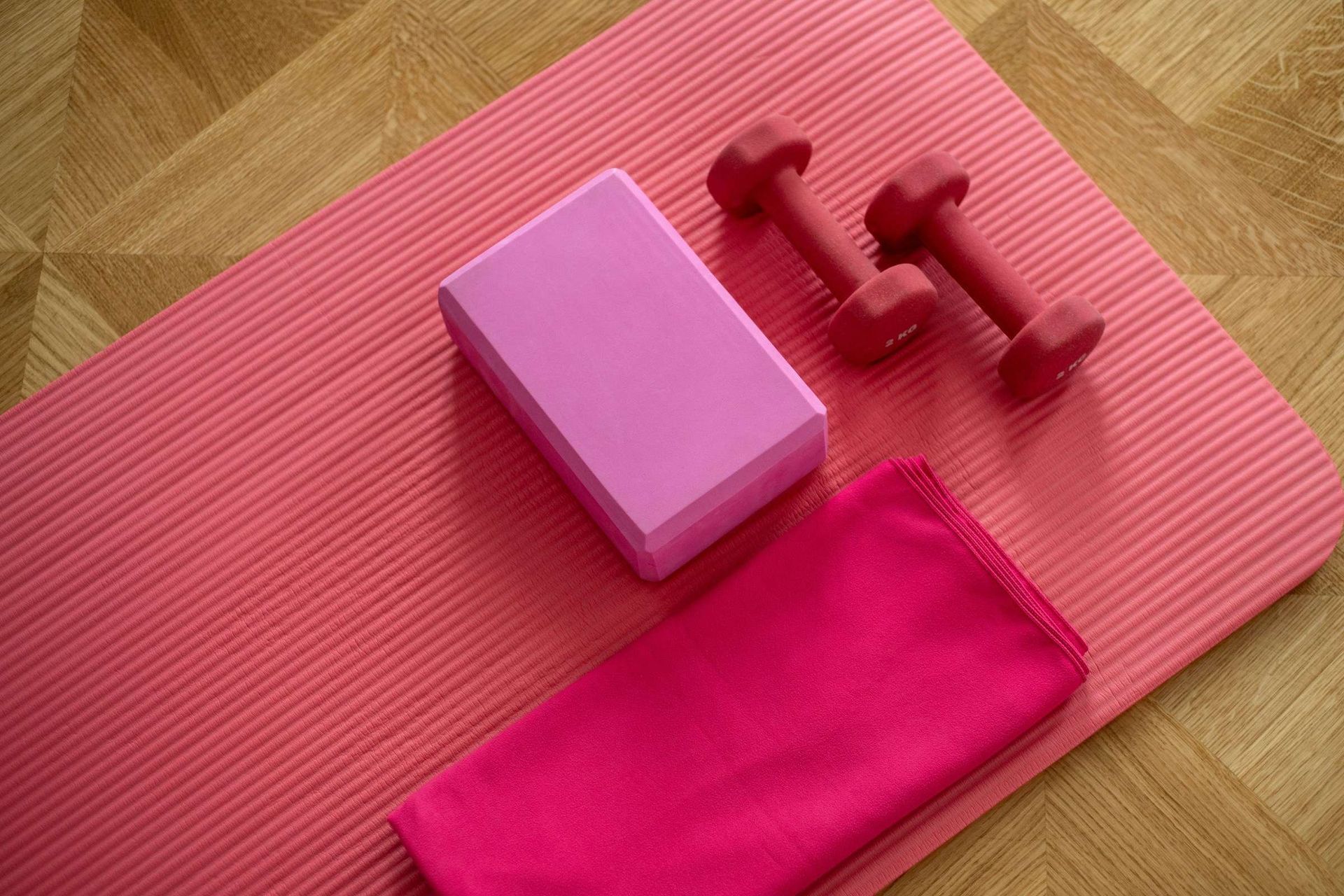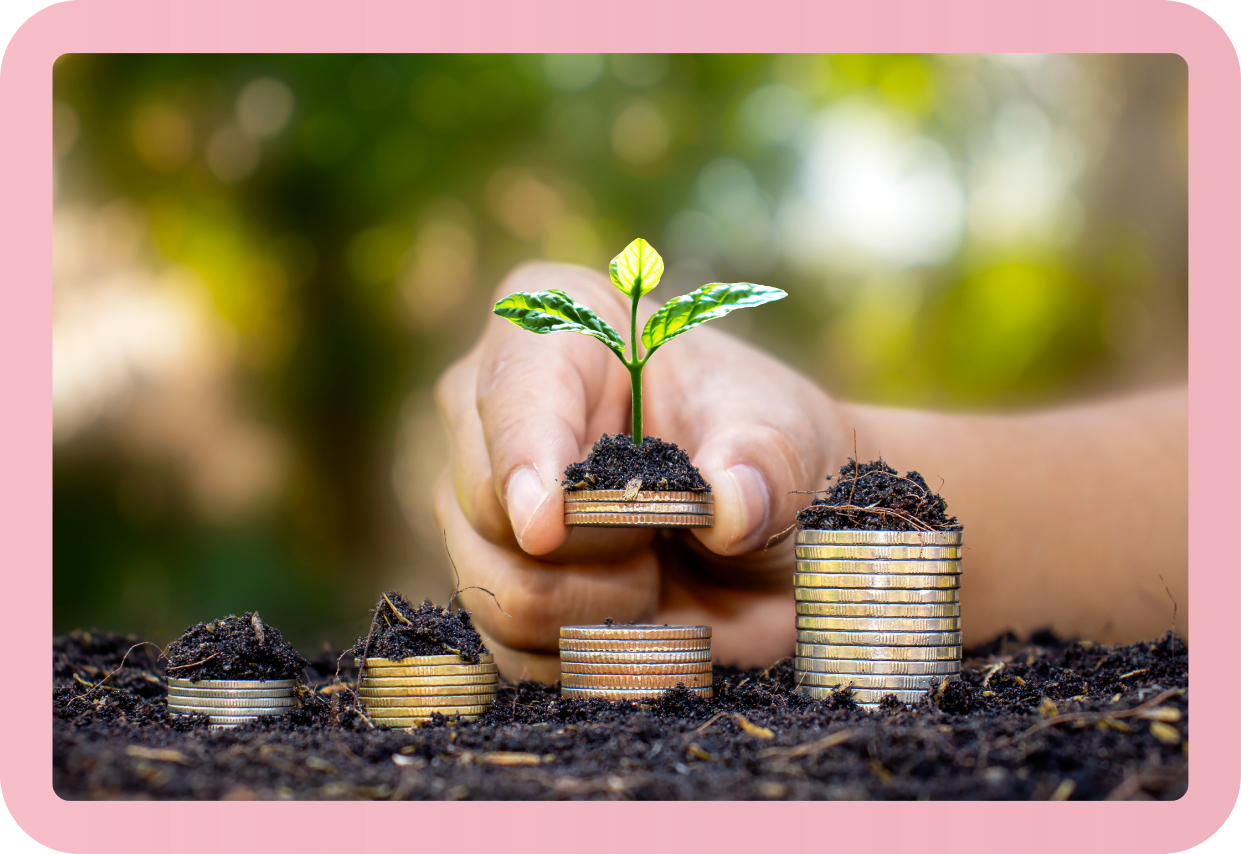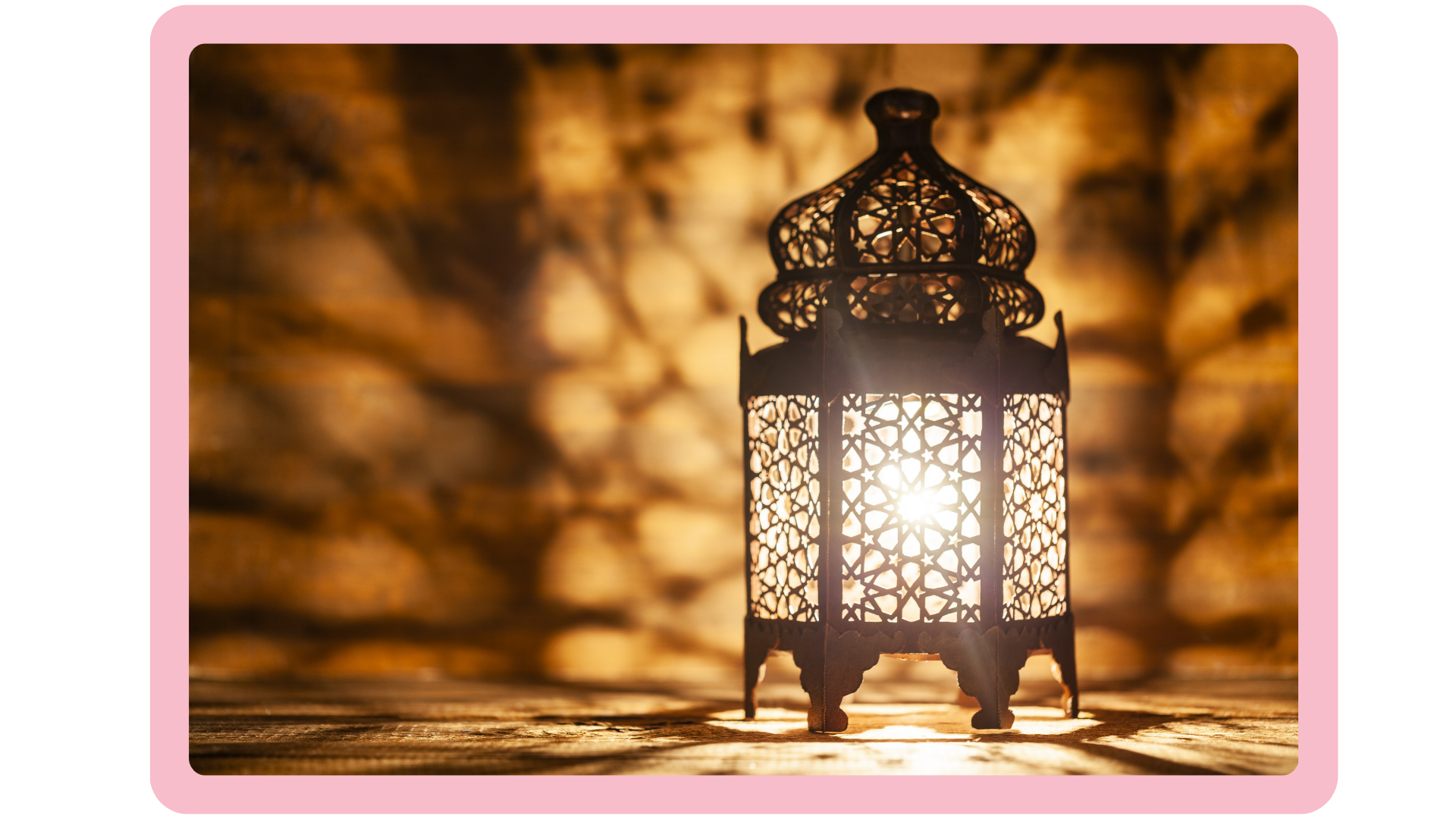Maximising the Rewards of Dhul Hijjah
The Significance of Dhul Hijjah
Dhul Hijjah, the last month of the Islamic calendar has begun, and you may have heard being said 'the first ten day days of this month are the best ten days of the year!' But why is this so? Well, these ten days are a gift to us; an opportunity to redeem ourselves, gain immense rewards and please Allah (SWT).
The Prophet (SAW) said, "There are no days on which righteous deeds are more beloved to Allah than these ten days." [Bukhari]
Within these 10 days Hajj takes place, and the Hajj itself has many virtues. Abu Hurayrah (RA) reported that the Prophet (SAW) said: "The performance of Umrah is expiation for the sins committed between it and the previous ones. And the reward for Hajj Mabrur (pilgrimage accepted by Allah) is nothing but Paradise." [Al-Bukhari]
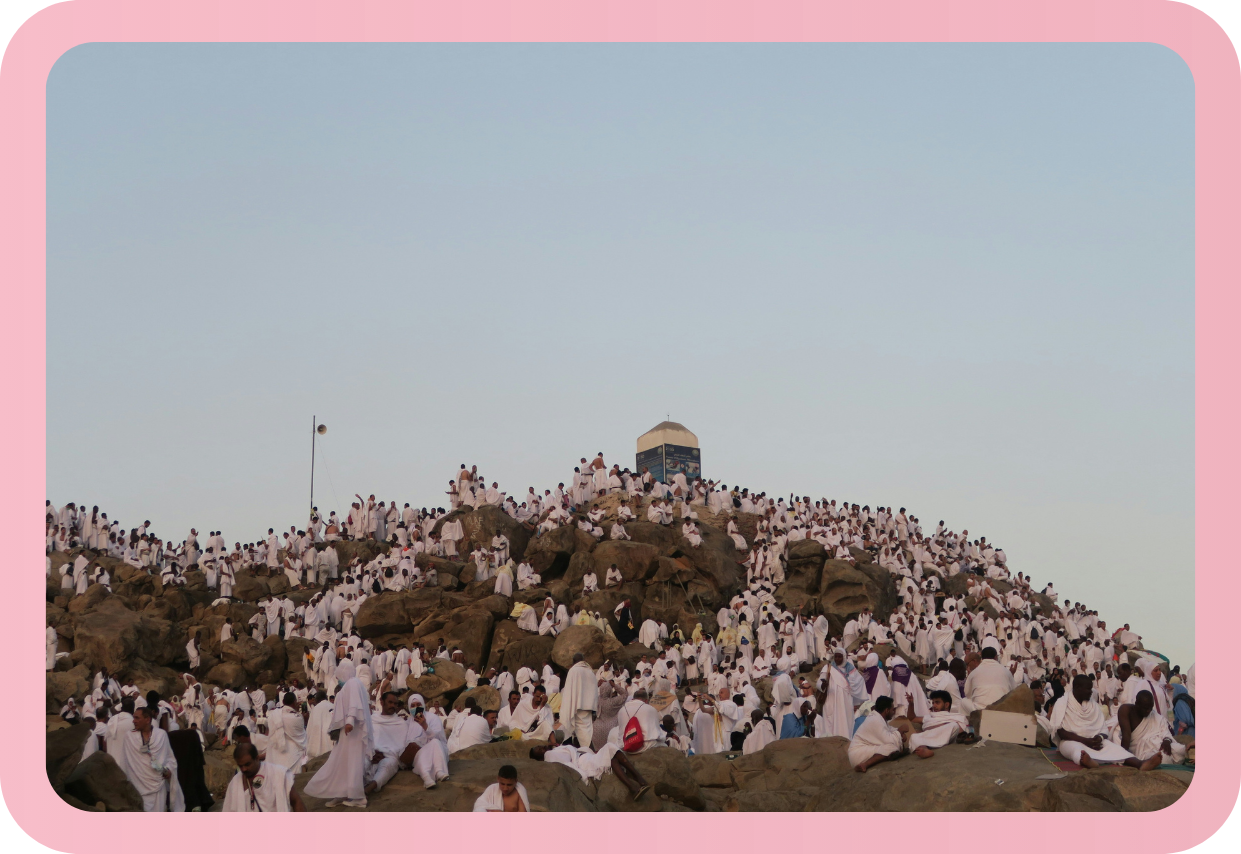
The Day of Arafah
The 9th of Dhul Hijjah is the Day of Arafah. On this day the following Ayah was revealed: "This day I have perfected for you your religion and completed My favour upon you and have approved for you Islam as religion." (Surah Al-Ma'idah 5:3)
This was the day the prophet (SAW) delivered his final sermon, and standing on the plains of Arafah, just as the Prophet (SAW) had done all those years ago, is one of the rites of Hajj.
"There is no day on which Allah frees people from the Fire more so than on the day of 'Arafah. He comes close to those (people standing on 'Arafah), and then He reveals before His Angels saying, 'What are these people seeking." [Muslim]
While many of us are unable to make the blessed journey of Hajj and be present on the plains of Arafah this year, there are still plenty of ways for us to reap the blessings of this month.

Ways to Maximise Rewards
1. Perform Tahajjud
It's been two months since the last ten days of Ramadan, and many of us are missing the 'spiritual high' of seeking out Laylat al-Qadr through our nightly worship. But did you know that praying at night for the first ten nights of Dhul Hijjah is equivalent to praying on Laylat al-Qadr?
"Standing every night of the 10 days of Dhul Hijjah (in prayer) is equivalent of standing on the night of Qadr" [Tirmidhi]
The above hadith shows that when you sacrifice sleep for Allah's sake, you are truly reaping the benefits of these blessed days. Along with Tahjjud, engaging in nawafil prayers, such as the Duha prayer (after sunrise and before midday) will only increase your reward.

2. Fast
It is reported that "The Prophet (pbuh) used to fast on the first nine days of Dhul Hijjah, the day of Ashura, three days each month, the first Monday of the month and two Thursdays." [Abu Dawood]
Not only is fasting a sunnah, but this act of worship is so beloved to Allah that the reward for it lies with Allah alone: In Hadith Qudsi, Allah says: "All the deeds of the son of Adam are for him, except fasting, which is for Me and I shall reward for it." [Bukhari, 1805]
3. Especially on the Day of Arafah
The Prophet (SAW) said: Fasting the day of Arafah (which is the ninth of Dhul Hijjah) expiates the sins of two years: the past one and the coming one.' [Muslim]
Remember that fasting the first 9 days of Dhul Hijjah would also include fasting on Mondays and Thursdays, and so would mean gaining the rewards of combining two sunnahs.
Make abundant Dua
'Amr ibn Shu'ayb reported: The Prophet (SAW) said, "The best supplication is that which is made on the day of Arafah. The best of it is what was said by myself and the prophets before me: There is no God but Allah alone, without any partners, unto Him belong the dominion and all praise and He has power over all things.' [At-Tirmidhi]

4. increase Dhikr
The Prophet (SAW) said: There are no days that are greater before Allah (SWT) or in which good deeds are more beloved to Him than these 10 days, so recite a great deal of Tahleel, Takbeer and Tahmeed.' [Ahmad]
- Tahleel: Laa ilaha ill-Allah - There is no God but Allah
- Takbeer: Allahu Akbar - Allah is the Greatest
- Tahmeed: Alhamdulillah - All Praises be to Allah
5. Make Takbeer
It is wajib (compulsory) for every adult Muslim to recite Takbeer after every fardh salah from the 9th-13th Dhul Hijjah. The Takbeer is as follows:
Allahu Akbar, Allahu Akbar, Laa ilaaha illallahu Wallahu Akbar, Allahu Akbar, Wa lillahil Hamd.
Allah is the greatest, Allah is the greatest. There is no deity besides Allah and Allah is the greatest. Allah is the greatest and all praises are for Allah only.

6. Offer Qurbani
Eid al-Adha begins on the 10th day of Dhul Hijjah. It goes without saying that Qurbani plays a big part in this Eid. It is a way of remembering the Prophet Ibrahim's (AS) sacrifice for Allah.
The word 'Qurbani' originates from the word 'Qurb' meaning 'closeness'. The Prophet Ibrahim (AS) in his willingness to sacrifice his son Ismail, demonstrated his closeness to Allah (SWT) and in doing so represented true Islam or submission to Allah (SWT).
The rewards for Qurbani are immense as mentioned in the hadith:
"For every hair of the Qurbani you will receive a reward from Allah, and for every strand of its wool you will receive a reward." [Al-Tirmidhi]

7. Abstain from Sinning
The story of Prophet Ibrahim (AS) is one of self-sacrifice and trust in Allah (SWT). Throughout our life we often face challenges and difficulties, and his story serves as a reminder that we must put Allah first and trust in Him. So, this month re-establish your commitment with Allah. Commit to giving up a bad habit or negative patterns of behaviour, and trust in The Almighty Allah to make the journey easy for you.
May Allah (SWT) forgive our sins, multiply our rewards, grant us and our families good health and happiness, and allocate for us a place in Jannat al-Firdaus, Ameen.
From us all here at Muslimah app, wishing you a wonderful and blessed month of Dhul Hijjah and joyous Eid al-Adha!
